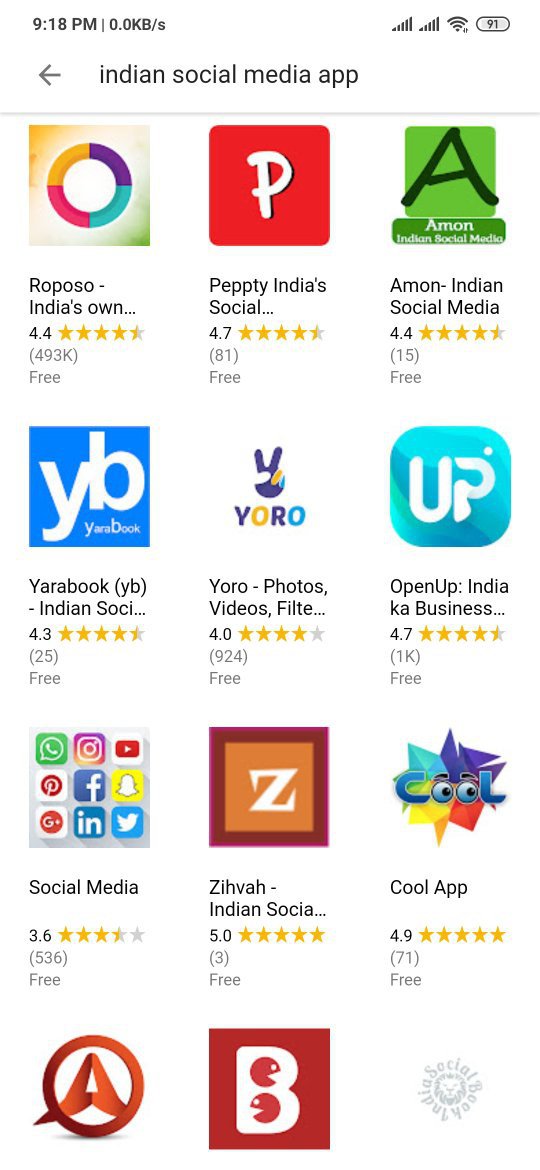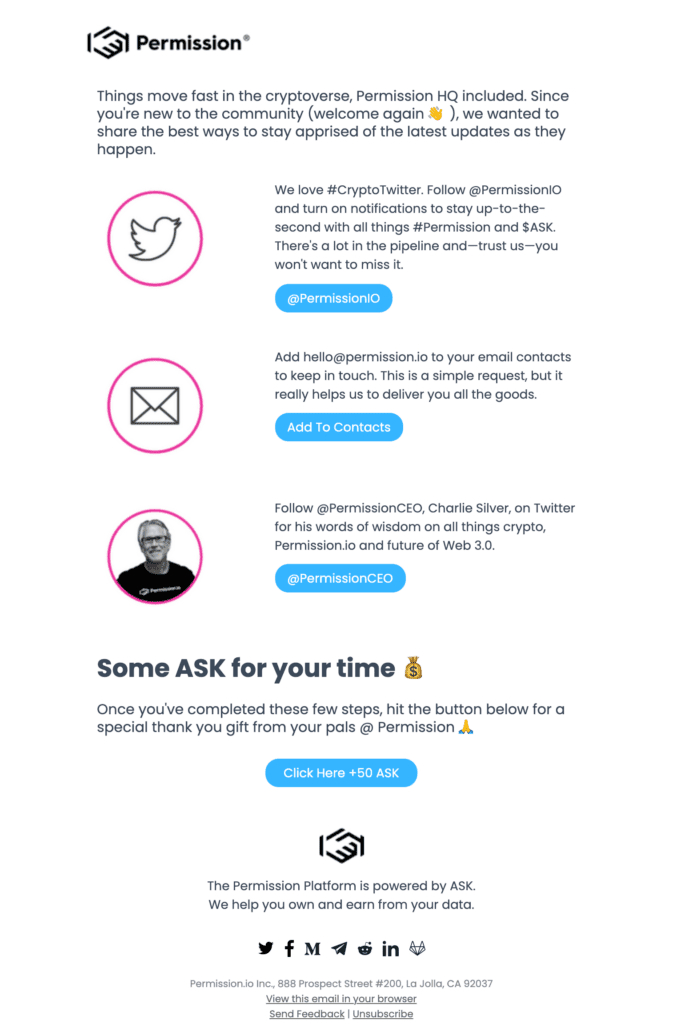
If you're unsure where to start when it comes to content marketing, consider the many successful examples of inbound marketing that have already proven to be effective. UGC (user generated content), influencers or lead magnets, as well as content that employs consumer psychology, are just a few of the best examples. Here are some examples of these techniques, which you can adapt to suit your business. These tips will help you create a better inbound campaign.
UGC
Among the benefits of UGC is its ability to drive authentic customer engagement. Rather than relying on brand advertisements, this type of content is generated by readers. UGC can help a company inspire more loyalty among its most passionate customers. A customer advocacy program, for example, can be a great way of encouraging more UGC from brand advocates. This type of content allows the brand to tap into the unique experience of its most passionate fans.
User-generated Content
Many benefits can be derived from user-generated material. They are a great source of organic content that can be shared with others and they increase brand trust. Coca-Cola ran a viral contest in which viewers were asked to share their coke with friends and family. It quickly became a worldwide phenomenon. What's more, the campaign utilized pictures and videos, both of which have much higher share rates than other forms of content.

Lead magnets
Lead magnets are valuable pieces in content marketing that can be used to exchange contact information like an email address or a name. Lead magnets are a great way to generate leads in your marketing campaigns. They help companies establish brand awareness and credibility by providing real value to prospective customers. Here are some lead magnet examples that show how they can improve your marketing efforts. Lead magnets can be integrated into your content marketing strategy to improve SEO rankings and increase traffic.
Using influencers
Using influencers in content marketing has several advantages. It has been proven effective in promoting ecommerce websites and is also a great option for content-forced campaign promotion. Influencers are valuable because of their ability to generate interest in products and services. Influencers are a great way of reaching niche buyers. Influencers should be connected and engaged with your brand in order to achieve the best results.
Using data
Content marketers are increasingly using data in their marketing efforts. Consumers today are more aware of the information they have available and can make better decisions about what they hear, see, and read. You can leverage data to your advantage and gain valuable insight into your audience to better tailor your content. Data-driven content marketing involves using data to create user profiles, highly-granular audience segments, and other key components.

FAQ
How long should my Content Marketing last?
It depends on your goals. Many businesses seek short-term results. Others are seeking long-term growth. We recommend starting with three consecutive months of content creation, then reviewing the results after that period.
Why is content so important
Any digital marketing campaign needs to include content. If you want to attract new customers, then you need to create valuable content for them. Blogging is the best method to do this. Blogs help you establish authority in your niche and make you more trustworthy. You can build trustworthiness, which increases your search engine rankings. When you rank high in search engines, organic searches bring you traffic.
Content marketing is it worth the investment?
Content marketing is essential to any online business strategy. It's also a powerful way to promote your brand. Content marketing not only benefits customers but also makes you stand out among the rest.
It's all about providing valuable information that people want and need. The most successful companies know how to engage their target market by using content marketing as a central component of their digital marketing strategy.
How can Content Marketing Strategy help you?
Content Marketing Strategy grants you access to data that you would not otherwise have. This data allows you measure the success of different types content.
It will help you determine the best strategies to increase traffic to your website. It also provides insights into the behavior of your audience so you can create even better content.
This means that you will be able to spend less time worrying over what type of content works and more on what doesn’t.
An analysis of your audience's response to your messages can be done through a Content Marketing Strategy.
You can find out their preferred content by analysing these messages. This will allow you to create similar pieces of content, and help keep your ideas alive.
Finally, a Content Marketing Strategy will help you track how your content performs. You can quickly see which types of content converts best by sharing them more.
A Content Marketing Strategy, in other words, is key to ensuring that your content performs as expected.
Statistics
- To further show the importance of this, 89% of people have stopped doing business with a company because of a poor experience. (neilpatel.com)
- Measure your goals with a progress indicator of 0-100%. Make your goals collaborative and transparent (semrush.com)
- This marketing strategy landed Ford a 15.4% conversion rate. (neilpatel.com)
- Seventy-two percent business to business (B2B) (mailchimp.com)
- According to research compiled by Coschedule: Companies that publish 16+ blog posts a month get as much as 3.5x as much traffic as those that publish 0-4 posts a month. (criteo.com)
- Companies that use content marketing see approximately 30% higher growth rates than businesses not using it. (mailchimp.com)
- According to the Content Marketing Institute, 70% of B2B marketers and 86% of B2C marketers surveyed use content marketing in some form or other. (criteo.com)
- Out of the 1,500 marketers we surveyed for our State of Content Marketing report, 78% who felt their content marketing strategy was exceptionally effective in 2021 had documented their strategy. (semrush.com)
External Links
How To
What are some of the best content marketing tools?
Although no platform is perfect for every industry, most industries have at minimum one preferred tool. Hubspot, for example, has been shown to increase conversion rates by nearly 50%. This is why it is so popular among marketers.
All tools are not created equal. Some tools provide better analytics tracking and some allow for easier collaboration among different teams. Other tools have features like A/B testing, which may help you improve your content marketing ROI.
So before you choose a particular platform, consider the following: What are the pros and cons of each? Is it going to meet my needs right now? And what about in 2 years?
Entrepreneur Magazine lists the top five content-marketing platforms.
Marketo Content Studio - Content Marketing Platform #1
Marketo provides enterprise social management software. Marketo offers a range of products and services that include CRM software, social publishing tools and analytic dashboards.
They also offer a content Studio that allows businesses access to a range of pre-made templates as well as graphics that can easily be customized.
This means that you don’t need to spend hours writing content or designing graphics. Instead, you can instead focus on creating compelling content that speaks directly and effectively to your target audience.
Marketo makes adding images and videos to blog posts easy. This helps make them visually appealing and increases engagement with your readers.
Marketo won't allow you to edit your image or video files.
Trello: Content marketing platform#2
Trello can be compared to Kanban boards for project management. Both have task lists on which users can assign tasks and monitor progress.
Trello lets you set up boards for each person on your team and assign specific responsibilities. It facilitates information sharing among employees.
Trello does not need special software to function, but Kanban boards do. You can use Trello on any device.
Another key difference is that Trello lets you invite people to collaborate on projects without having to share sensitive data.
This allows you to create a private forum and only reveal the necessary details to others who need them to complete a task.
Google Suite - Content Marketing Platform 3
Google has many products for business owners. Google Docs, Sheets and Slides are all part of the company's G Suite.
These applications aren’t free. You'll need to pay per user. You can use them for multiple purposes with many plans starting at $5 per month.
To create a new document and embed a link to another website, two licenses would be required.
You can create one document for free if you only need it.
Google tools integrates well with Gmail, which is a significant benefit. Google tools integrate well with other apps such as Gmail, so you can send links to documents by email and store data efficiently in Google Drive.
Hubspot Content Marketing Platform 4.
HubSpot has a great reputation as a web-based advertising tool. It offers many functions.
The platform allows users to manage all aspects of their website, landing pages, blogs and other websites. You can use the platform to create automated emails or track conversions.
HubSpot can also be integrated with Salesforce or WordPress so you can connect to all three.
HubSpot integrates easily with over 200 other third-party software applications. This allows you automate tasks and generate reports using real-time data.
While you won't be able to publish content directly from HubSpot, you can export it into many formats, including HTML, PDF, and Word.
HubSpot offers a free trial version when it comes to pricing. After you upgrade, you will have unlimited access to everything.
HubSpot has everything you need, whether you're looking for an eCommerce platform or a blog platform.